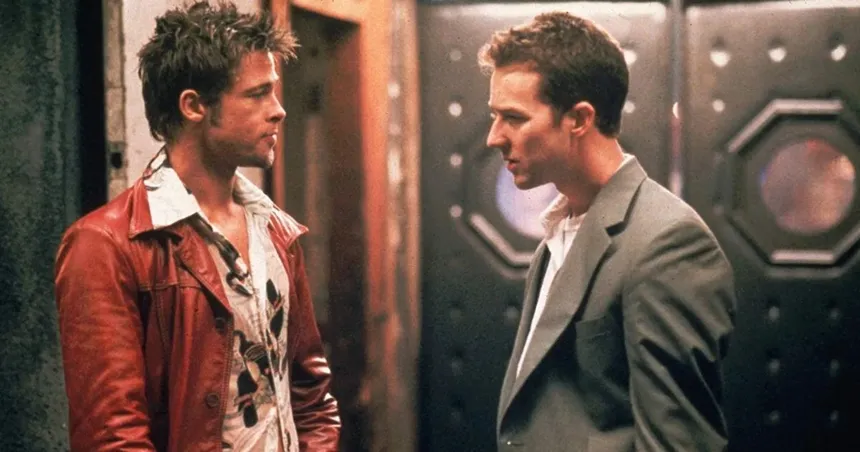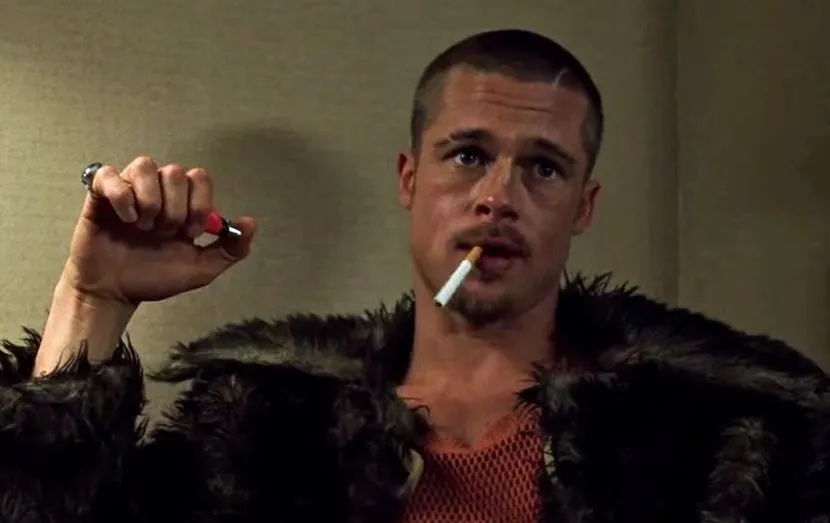The 1990s was a transformative decade for independent filmmaking, laying the groundwork for a new era of cult classics that continue to charm audiences today. This was a period when filmmaking broke free from conventional norms, embracing the unconventional and the boundaries were pushed to new limits. The decade’s influence can be seen in the way films tackled mature themes, such as existential crises, moral ambiguity, and the struggle for identity, often without the constraints of traditional Hollywood storytelling.
Films like Heathers and Jawbreaker cleverly lampooned the high school social system, providing a scathing critique of the pressures and anxieties that accompany adolescence. These films resonated with audiences who appreciated their unique sensibilities and willingness to challenge the status quo. On the other hand, films like Fight Club, Cruel Intentions, and Office Space explored themes of existential crises, moral ambiguity, and the struggle for identity, often without the constraints of traditional Hollywood storytelling.
These films’ success can be attributed to their ability to push boundaries and challenge audiences, creating a new language and a new way of telling stories. The decade’s cult classics, including Trainspotting, The Crow, and Clerks, explored themes of addiction, revenge, and existential crises, and their influence can be seen in their impact on subsequent works, including film scores, scenes, and even video games.

A Still From David Fincher’s Fight Club (Photo: Fight Club)
The decade’s influence on popular culture is undeniable, with films like Dazed and Confused and Reservoir Dogs leaving an indelible mark on the cultural terrain. These movies’ memorable characters and iconic lines have become ingrained in popular culture, with lines like “The first rule of Fight Club is: you do not talk about Fight Club” becoming an integral part of the global lexicon.
The influence of 1990s cinema on modern audiences is palpable. Its cult classics, such as Heathers, Fight Club, and Clerks, continue to shape popular culture and inspire new generations of filmmakers. The decade’s legacy serves as a testament to the power of independent filmmaking, demonstrating its ability to push boundaries, challenge audiences, and redefine the cinematic terrain.
























